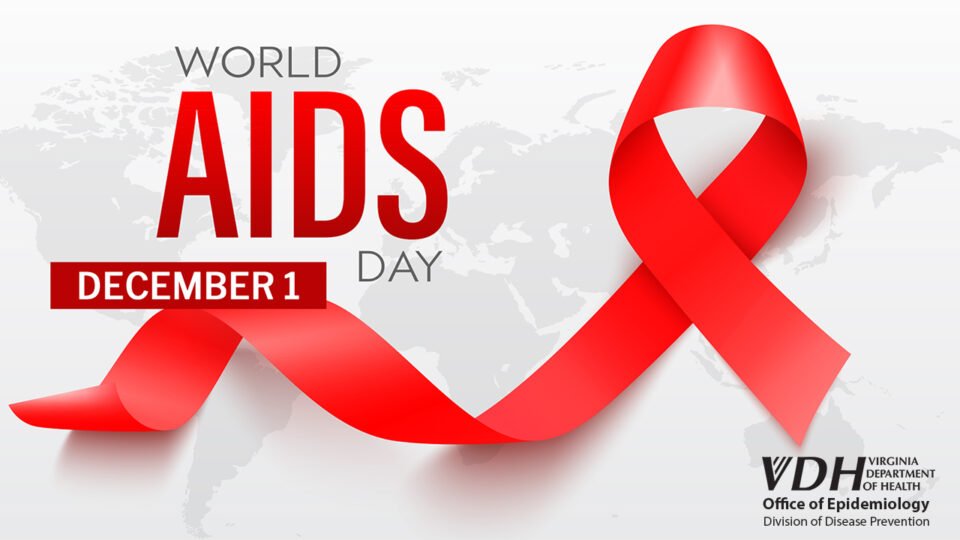The Ghana AIDS Commission has stressed the need for a concerted effort across all sectors if the country is to succeed in its goal of eliminating AIDS by 2030.
While the international subject this year is “Equalized,” the national theme in Ghana is “20 Years of Multi-Sectoral HIV Response; Accelerating Progress to End AIDS,” which Technical Manager of the commission Fred Nana Poku revealed in an interview with Alfred Ocansey on 3FM Sunrise Morning Show.
According to Nana Poku, “this is really crucial because we want to guarantee that by 2030 Ghana would be in the position to stop AIDS,” which is the terrible result of HIV. We claim by 2030 we will eliminate AIDS and strive towards not having HIV infection in Ghana because HIV is simply the infection but AIDS is the repercussions of having HIV in your blood and not taking medicine, therefore worsening in health status.
Women have the greatest HIV/AIDS prevalence rate because they are more susceptible to being used in sex negotiations, as he disclosed. According to data collected for the year 2021, females account for almost 83% of all new cases of HIV AIDS among teenagers.
He argues that women are more susceptible to HIV/AIDS due to a combination of factors, including their anatomy, socioeconomic status, and the power dynamics involved in bargaining for sex.
Because “in our culture, they don’t develop that ability to negotiate,” Nana Poku says, “they engage in transactional sex without using protection,” and because they are “not well endowed when it comes to economic factors,” some of them engage in “all sort of risky behavoiur” in order to survive and live.
The Technical Manager of the Ghana AIDS Commission emphasized the importance of collaboration between the Ministries of Employment, National Security, Agriculture, Gender & Social Protection, Local Government, Finance, and Health, as well as other stakeholders, in the battle to eliminate AIDS in Ghana.
Abstinence, fidelity, and the use of condoms were among the methods he advocated as means of preventing the spread of disease during sexual activity.
In addition to stressing the importance of knowing one’s HIV status, Nana Poku urged individuals to be tested so that they can take their medicine as prescribed.
For AIDS Day 2022, the slogan “Equalize” suggests that everyone should work together to eliminate the barriers that prevent individuals from receiving the treatment and care they need.


